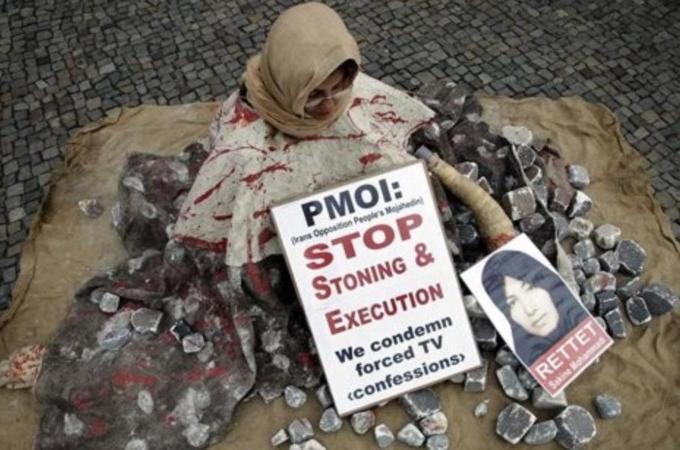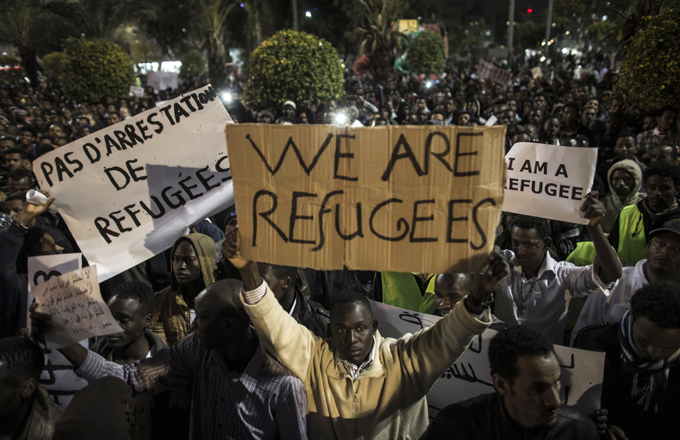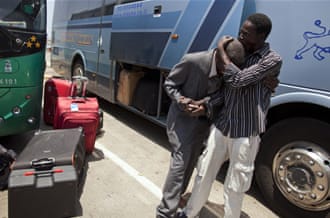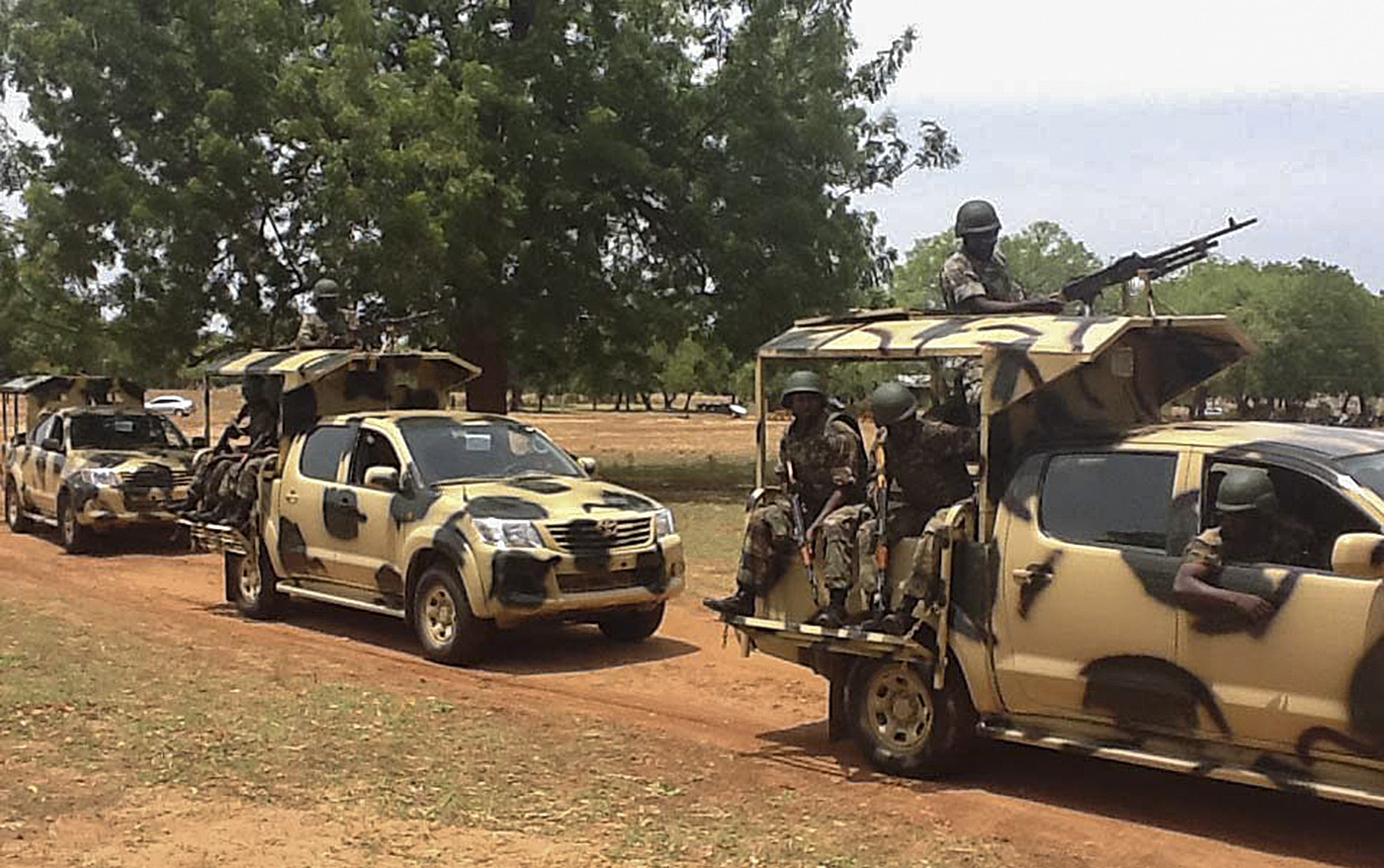Thinking outside the ethnic box in S Sudan
Interpreting conflict as merely ethnic is not only superficial but also dangerous if it drives policy and peace deals.

South Sudan’s deepening conflict looks to be a tragic replay of an
old, familiar story: rival African tribes killing one another in the
latest round of an age-old conflict, this time made more deadly by the
presence of modern automatic assault rifles and heavy weapons.
It’s
a narrative that confirms all that people thought they knew about
Africa – that ancient, intractable tribalism once again brings a country
to its knees.
It's an analysis that seems to explain everything
without actually telling us anything. It allows us to nod sagely, and
dismiss the violence as something embedded deep in the blood of the
communities now killing one another. At the same time, it excuses us
from understanding what really is driving the violence. Interpreting the
conflict as “tribal”, is after all, an inherently racist understanding
that implies there is something primal and undeveloped about African
states in general, and that South Sudan in particular is somehow being
dragged down in a bloody, historical inevitability.
In fact, it is
an interpretation that is superficial at best, but when it drives
policy and peace deals, it becomes downright dangerous.
In South
Sudan’s case, this particular episode had its roots in the civil war
that split the greater Sudan, and created South Sudan in the first
place. The causes of the war seemed pretty obvious: the black Christian
south rebelled against ethno/religious domination from the Arab Muslim
north. It was a narrative that played particularly well in the United
States, where the south received political and financial support from
two of the biggest lobbies – African Americans and the evangelical
Christian churches.
It also led to the only obvious solution – separate the warring ethnic groups. Problem solved.
But
the conflict was never really about ethnicity or religion. It is true
that Arab Muslims dominate the north, and black Christians the south,
but during the war thousands of southerners sought refuge in Khartoum.
And Khartoum sought allies among the southern groups – including the
current “rebel” leader Riek Machar.
At its heart, the civil war
was about politics. It was a rebellion by the periphery against the
control of power and resources by a Khartoum-based elite.
The late
John Garang understood that. He led the Sudan People’s Liberation Army –
the dominant rebel force in the south – until he died in a helicopter
crash soon after signing the comprehensive peace agreement with
Khartoum. But he never believed in dividing Sudan. He always argued that
the south could achieve its aims through a political revolution, and
that its interests were better served by remaining a part of the greater
Sudan.
Using ethnic patronage
When he died, that vision went with him. And so did any chance of real political reform, either in Khartoum or in Juba.
Because
the focus of the peace negotiators was on an ethnic solution, nobody
tackled the far tougher but more fundamental problem of the underlying
political crisis. (And because Khartoum’s corrosive, selfish politics
never changed, it triggered the Darfur crisis, and rebellions in the
Nuba Mountains and Blue Nile provinces).
Not only did the politics
remain unchanged in Khartoum; it also remained the same in the newly
independent Juba. Instead of solving the problems that triggered the war
in the first place, the negotiators simply chopped them into two.
There
is of course an ethnic element to the crisis – the slaughter of one
tribe by its rivals is plain enough to see. But for anyone who cares to
look closely enough, there are enough exceptions to befuddle the notion
that blood alone is enough to explain the killing. Rival warlords have
never let ethnicity stop them from making deals when it suited them.
The
fault lies not in the DNA of the South Sudanese tribes. It lies with
the political leaders who use ethnic patronage to build their power
bases; or who incite their ethnic kin to carve out a geographic or
political niche.
In Juba, as in Khartoum, the institutions of
state have centralised power around the presidency. And the political
leaders who all came to power as military commanders, have continued to
run politics as they did their armies – in a top-down manner, delivering
orders and micro-managing control, and ruthlessly punishing dissent.
Of
course that is the polar opposite of the way a democracy is supposed to
work. Democracies are messy things, that demand negotiation, compromise
and patience.
South Sudan’s oil wealth hasn’t helped, turning the
business of government into more of an unseemly scramble for the money
than any attempt to create a healthy functioning democracy.
So
ultimately, any solution that fails to change the fundamental way
politics is done in South Sudan is no solution at all. If we wind up
with a “power sharing” deal that papers over the structural cracks
without tackling the political culture, the country will settle back
into an uneasy calm but it will, inevitably, explode once again. It may
take years or even decades, but it is almost guaranteed.








